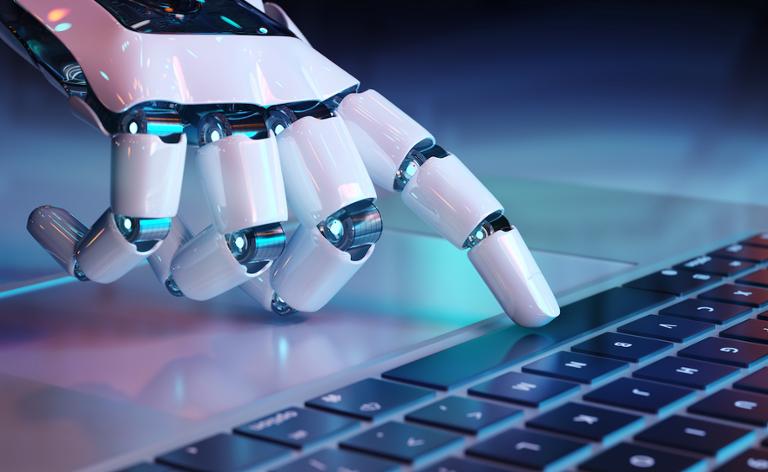During the COVID-19 lockdowns, most technologists switched to working from home. However, not all technology jobs could be done on a remote basis—many technologists who worked in hardware or manufacturing still commuted to an office or factory, for example. (In many cases, companies did they best they could to make those spaces as safe as possible, with extra cleaning and protective barriers.)
Some of those in-person jobs might also shift to remote in coming years, thanks to new technologies powered by a combination of artificial intelligence (A.I.) and lightning-fast broadband. A new article in Wired shows how A.I. tools have enabled warehouse and factory workers to manipulate forklifts, trucks, and other machines via joystick from hundreds or thousands of miles away. Even if the broadband connection goes wonky, A.I. will allow the machine to avoid obstacles and humans until the operator can reassert control.
As A.I. and robotics become more sophisticated, there’s every chance that other in-person jobs could go remote. For example, drones could handle everything from security patrols to surveying new land. It’s not a stretch to imagine technologists who work in hardware or factory operations guiding a robot from the comfort of their home office chair. The big question is how quickly automation will evolve to make that future vision a reality.
In other words, there’s a potential market emerging around making more in-person jobs remote. Last year’s edition of SlashData’s State of the Developer Nation featured 50 percent of developers claiming they were “working on, learning about, or interested in” robotics and computer vision, two of the key technologies necessary for more automated work. (Nearly as many were also engaged with cryptocurrencies, blockchain applications outside of cryptocurrency, drones, biometrics for ID verification, 5G, and quantum computing.)
At the previous two Consumer Electronics Shows (CES), a variety of companies showed off labor-saving robots and increasingly intelligent drones. Many of these weren’t enterprise- or manufacturing-focused, however, much less customized for technology work. For companies and technologists with big ideas about robotics, A.I., and automation, that means a potential opportunity.
